Welcome to the official website of the National Bank of Moldova!
×
Do you have good eyesight and want to turn this tool off?
Do you have good eyesight and want to turn this tool off?
Schedule of reception of citizens by the Executive Board of the National Bank of Moldova.
The registration of applicants for an audience is carried out based on a written request on the subject addressed.
Anca Dragu, Governor
1st Wednesday of the month: 14.00-16.00.
Petru Rotaru, First Deputy Governor
2nd Wednesday of the month: 14.00-16.00.
Tatiana Ivanicichina, Deputy Governor
3rd Wednesday of the month: 14.00-16.00.
Constantin Șchendra, Deputy Governor
4th Wednesday of the month: 14.00-16.00.
Mihnea Constantinescu, Deputy Governor
5th Wednesday of the month: 14.00-16.00.
Welcome to the official website of the National Bank of Moldova!
If you want to send a message (question or suggestion) on-line, go to section "Feedback" from the main menu at the top of the website.
You can choose one of the most popular reports from the list:
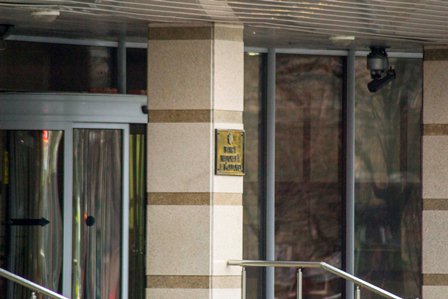
National Bank and the members of its decision-making bodies shall be independent in exercising the tasks conferred upon them by law, and shall neither seek nor take instructions from public authorities or from any other authority.
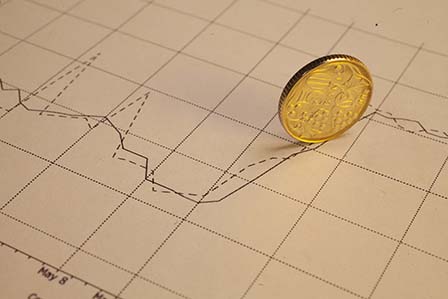
In order to ensure and maintain price stability over the medium term, the National Bank’s aim will be to keep inflation (measured by Consumer Price Index) at the level of 5.0 percent annually with a possible deviation of ± 1.5 percentage points, considered to be optimal for growth and development of Moldova's economy over the medium-term.

Financial stability is achieved by strengthening the resilience of the financial system, limiting the contagion effect and reducing the accumulation of systemic risks, thus contributing to the sustainability of the financial sector and economic growth.
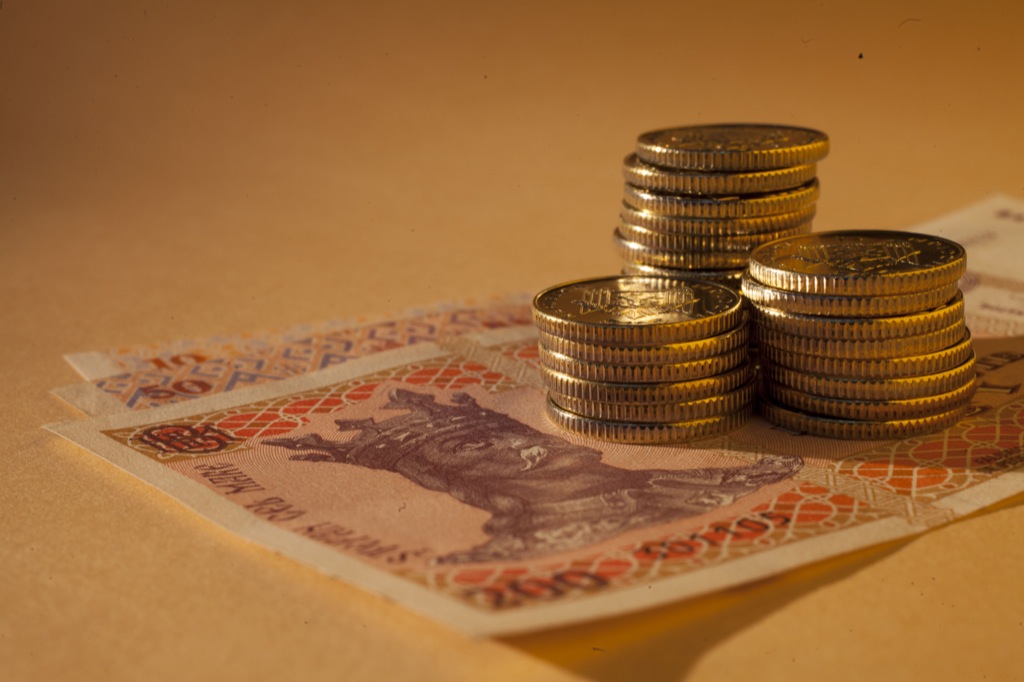
National Bank shall have the exclusive right to issue on the territory of the Republic of Moldova banknotes and coins as legal tender, as well as commemorative and jubilee banknotes and coins as legal tender and for numismatic purposes.

National Bank is exclusively responsible for the licencing, supervision and regulation of financial institutions activity.
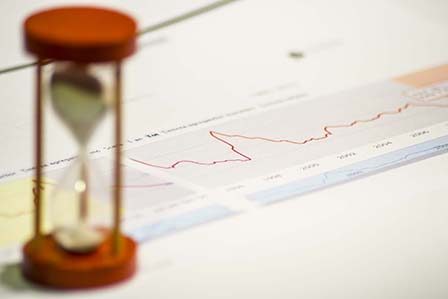
National Bank of Moldova acts as banker and fiscal agent of the State and shall receive from state bodies economic and financial information and documents, which are necessary for carrying out its tasks.
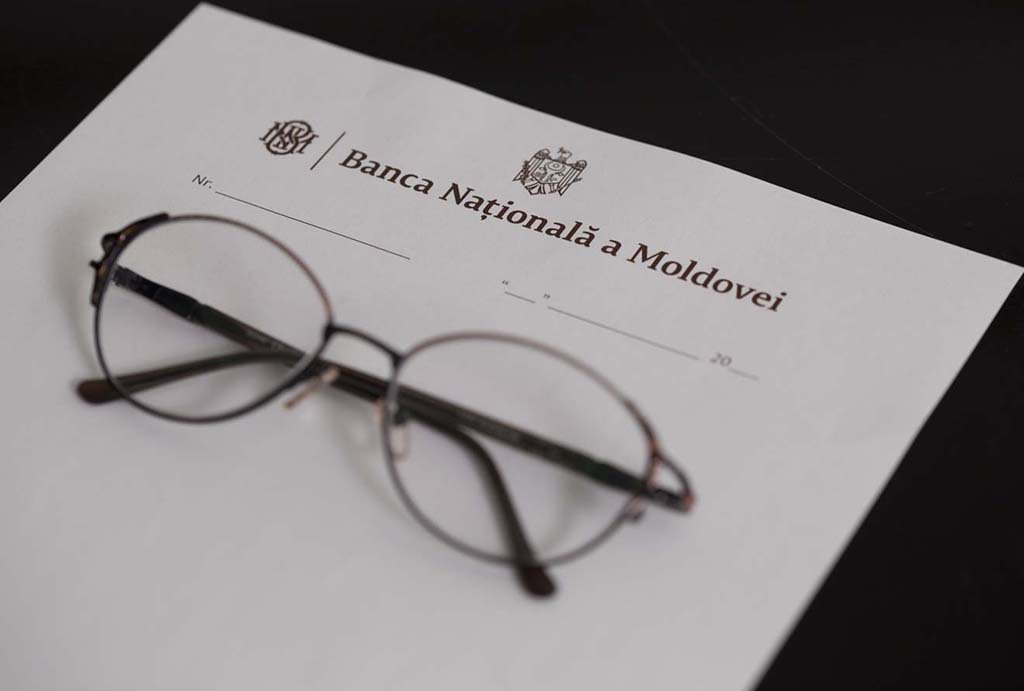
National Bank of Moldova is an autonomous public legal entity and is responsible to the Parliament.

National Bank shall inform the public on the monetary policy strategy on the results of the macroeconomic analysis, the evolution of the financial market and on statistics, including with regard to monetary supply, crediting, balance of payments and the state of the foreign exchange market.

National Bank of Moldova is responsable for the compilation of the balance of payments, international investment position and the statistics of the external debt of the Republic of Moldova.
The website www.bnm.md prioritizes data security and uses cookies to enhance the browsing experience and user comfort. Accepting the use of cookies contributes to faster page loading and ensures the proper functioning of the information presentation modules. Refusing to use cookies may slow down the site’s loading speed and hinder smooth navigation between pages. For more details, please refer to the Cookie Usage Policy.
Configure your cookie preferences by category. Strictly necessary cookies cannot be disabled, as they are essential for the proper functioning of the website.
These cookies are fundamental to the correct operation of the website. They include session cookies used for load balancing and maintaining the application's state.
Cookies: cookiesession1, JSESSIONID
These cookies enable personalized features, such as font size preferences, interface state, and selection of desktop/mobile version.
Cookies: has_js, fontCookie, statistics_time, statistics_tooltip, bnm_coins_expansion, desktop_version
Such cookies help us understand how visitors interact with our site by collecting and reporting information anonymously.
Cookies: _ga, _gid, _gat, node_stat
These cookies store accessibility preferences, such as text size, contrast, cursor size, and animation settings.
Cookies: a11y_oversized_widget, a11y_animation, a11y_invert, a11y_contrast, a11y_dyslexic, a11y_cursor, a11y_factor
Following several requests from media institutions on a possible loan to the state or the use of foreign exchange reserves, the National Bank of Moldova states:
In order to overcome the economic crisis, to support the economic agents and the population in the pandemic conditions, the executives from several countries resorts to internal or external loans. In the Republic of Moldova, the attraction of domestic resources by the executive is provided by law and the National Bank, as a state fiscal agent, places on a regular basis state securities (SS) and government bonds in the primary market.
The law on the National Bank of Moldova prohibits granting any financial assistance to the state and its bodies. Banking and non-banking financial institutions ensure state or business lending. There is currently sufficient liquidity in the banking sector.
NBM ensured the existence of a high level of liquidity in banks, namely to create conditions for lending to business and the Ministry of Finance, and therefore, they are available for the needs of the economy. Thus, the macro-monetary balance is ensured and conditions are created for lending to the economy.
Any loan from the NBM to the state would mean an additional issuance of money, which would lead to the inevitable price rise and, consequently, to the impoverishment of the population, affecting the most vulnerable layers of society.
At the same time, it is important to mention that the funds from the accounts of the Ministry of Finance obtained in the form of external financial assistance (loans and grants) are included in the official reserve assets. The Ministry of Finance uses these funds freely, including after conversion into national currency, for budget expenditures and the development of investment projects.
We will also specify that the official reserve assets are managed by the central bank to support the balance of payments and, where appropriate, to regulate its imbalances, in order to maintain confidence in the national currency and the national economy in general.
The NBM maintains foreign exchange reserves at an appropriate level. The law on the National Bank of Moldova stipulates that the NBM "maintains international reserves at a level that in its view is adequate for the implementation of the state's monetary and foreign exchange policy." Their adequacy is assessed, in accordance with international practice, based on several indicators, including the coverage of an appropriate import period and the degree of short-term external debt coverage. Currently, these indicators show a high degree of adequacy of foreign exchange reserves. This speaks to the resilience of our economy to crisis situations.
The use of foreign exchange reserves for the purposes for which they are intended, in addition to the negative effects of monetary policy, may trigger other shocks, which may increase the pressures on foreign exchange reserves. This situation is not forthcoming at all, especially now when we need strong foreign exchange reserves in the face of the current global crisis.
The conversion of foreign exchange reserves and their domestic use would immediately lead to higher prices, because for the same currency unit would be issued once again national currency units at the appropriate exchange rate. At the same time, there would be a depreciation caused by the reduction in the national currency credibility, with a consecutive valuation of population savings and a subsequent price increase - inflation.
As a result, any loan from the NBM to the state or the use of foreign exchange reserves for other purposes would undermine the country's credibility, affect the economy and put citizens in financial difficulty.
1 Grigore Vieru Avenue,
MD-2005, Chisinau, Republic of Moldova.
© National Bank of Moldova
Terms of use
Cookie Usage Policy




